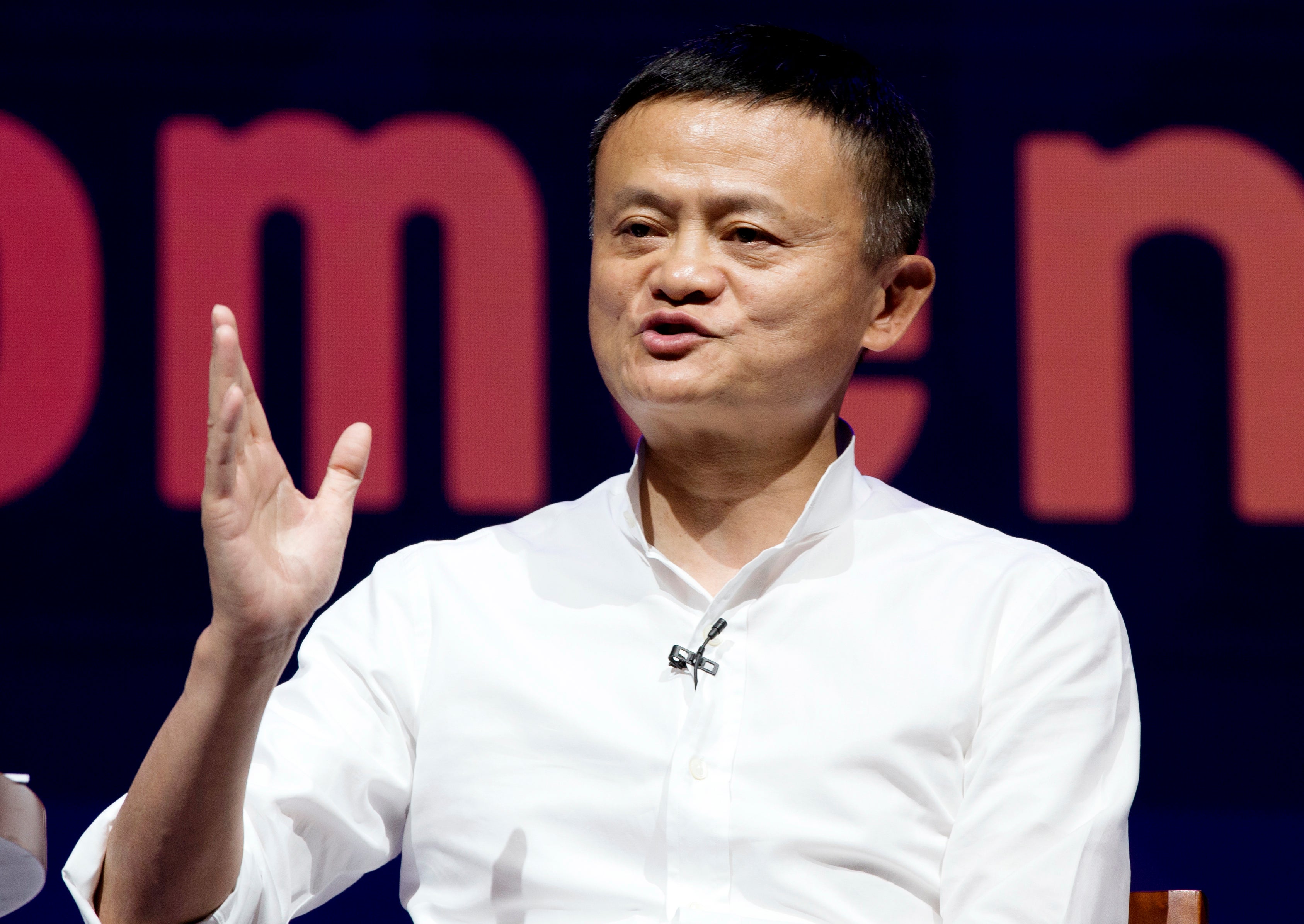Closer by Beijing at community group buying and big tech
China is ramping up its scrutiny of the practice of community group buying, summoning some of the nation’s largest tech companies for discussions as part of an anti-monopoly push

Your support helps us to tell the story
From reproductive rights to climate change to Big Tech, The Independent is on the ground when the story is developing. Whether it's investigating the financials of Elon Musk's pro-Trump PAC or producing our latest documentary, 'The A Word', which shines a light on the American women fighting for reproductive rights, we know how important it is to parse out the facts from the messaging.
At such a critical moment in US history, we need reporters on the ground. Your donation allows us to keep sending journalists to speak to both sides of the story.
The Independent is trusted by Americans across the entire political spectrum. And unlike many other quality news outlets, we choose not to lock Americans out of our reporting and analysis with paywalls. We believe quality journalism should be available to everyone, paid for by those who can afford it.
Your support makes all the difference.China is ramping up its scrutiny of the practice of community group buying, summoning some of the nation's largest tech companies for discussions as part of an anti-monopoly push.
Community group buying allows groups of people living in the same town or region to buy groceries and other items in bulk at a discounted rate, a growing practice that is being facilitated by big tech companies. Tech platforms benefit because delivery and other related costs are sharply lower.
China’s State Administration for Market Regulation said that it recently summoned six companies, including e-commerce platforms Alibaba, JD.com and Pinduoduo, gaming company Tencent, food delivery firm Meituan and ridesharing firm Didi Chuxing to talk about the potential ramifications of community group buying.
The regulator used the meeting to warn against monopolistic practices, including price fixing and predatory pricing tactics. There are a host of boundaries that companies in China are not allowed by law to cross, such as the use of exclusivity contracts with merchants, market regulators said in a prepared statement.
Chinese tech giants regularly engage in price wars to gain market share. Regulators during the meeting discussed “dumping,” when a company floods the market with goods at below-market prices to drive out competition.
As part of a recent offer from the platform Meituan, two pounds of honeydew melon could be had for as little as $1.
The Administration for Market Regulation also warned against illegally collecting and using customer data.
There is a broader push out of Beijing to rein in the nation's burgeoning internet platforms. Last month, China released draft regulations to clamp down on anti-competitive practices such as those exclusive merchant agreements.
A similar push is taking place in the U.S., particularly targeting advertising. Lawmakers and regulators are probing companies like Facebook and Google over anti-competitive practices.
Earlier this month, the Federal Trade Commission accused Facebook of buying up its rivals rather than competing with them and is calling for Facebook’s acquisitions of WhatsApp and Instagram to be unwound.
Instagram was acquired by Facebook in 2012 just two years after the company was founded and usership exploded, potentially prying eyes, and ad dollars, away from Facebook.
Two years ago Instagram founders Kevin Systrom and Mike Krieger resigned, reportedly after clashing repeatedly with Facebook CEO Mark Zuckerberg over how the platform was being used.